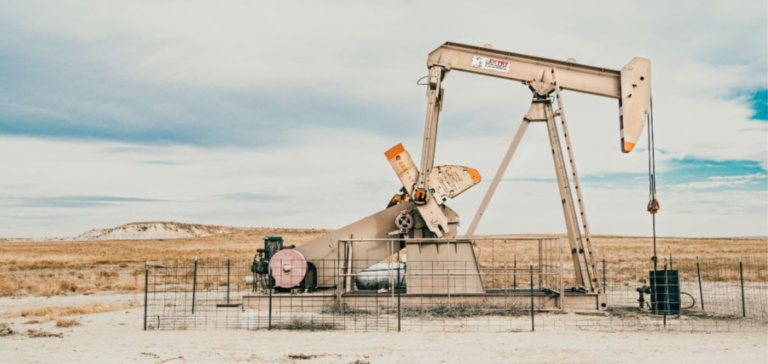The Organization of the Petroleum Exporting Countries (OPEC), known for its significant influence on the world oil market, plays a crucial role in international relations, particularly with regard to the Israeli-Palestinian conflict. Libya’s Oil Minister Mohamed Oun’s recent interview with S&P Global Commodity Insights on November 21 highlights the complexity of OPEC’s position on the ongoing war in Gaza.
Background: The 1973 Embargo
Oun points to the heterogeneity of OPEC, made up of non-Arab countries, suggesting a potential reluctance to back an oil embargo against Israel’s supporters. This position clearly diverges from that of Iran, a vocal member of OPEC, which advocates a Muslim oil embargo. However, this proposal was rejected by Gulf producers. The situation is reminiscent of the 1973 oil embargo, when Arab producers cut production, raised oil prices and cut off supplies to the USA and other consumer countries because of their support for Israel. This embargo triggered an unprecedented worldwide oil crisis, quadrupling prices and leading to gasoline shortages in the United States.
Libya’s Calls to Action
Oun, as a Libyan citizen, calls on Arab countries to sanction Israel and its Western backers in the Gaza war, without specifying the use of oil as a weapon.
“Any means that can exert pressure on the Western community to push Israel to stop these massacres must be considered,”
he declares.
OPEC+ Voluntary Reductions
The majority of Libyan politicians condemn Israel’s war on Gaza, but no consensus has emerged on the use of oil as a means of pressure. Any such Libyan decision would be a matter for the government, not the Oil Ministry. At the same time, Iran’s calls for an embargo come at a time when OPEC+ co-leaders Saudi Arabia and Russia have already cut their oil production.
These voluntary reductions, added to OPEC+’s 2 million barrels per day cuts starting in November 2022, have influenced the global market. The impact of these decisions is palpable. Production in Saudi Arabia, which had voluntarily cut output by 1.5 million barrels a day since July, fell to 9 million barrels a day in October, a two-year low. Russia, meanwhile, reduced its export production by 300,000 barrels a day.
OPEC, with its heterogeneous composition and influence on the world oil market, is at the heart of current geopolitical tensions. While some members are calling for oil to be used as a political weapon, others are opposed, underlining the differences within the organization. The current situation reflects not only OPEC’s internal dynamics, but also the interconnection between energy resources and global politics.






















